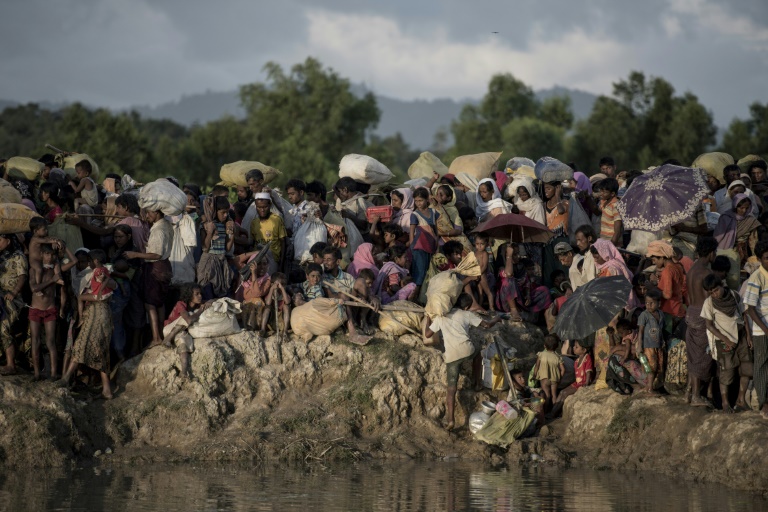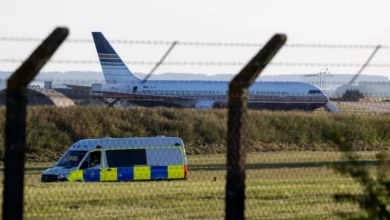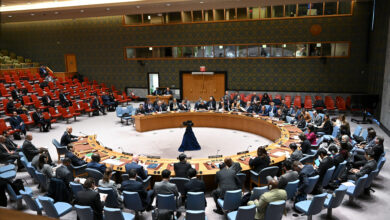
The United Nations experienced “systemic failures” in its handling of the situation in Myanmar leading up to the 2017 mass exodus of Rohingya, a UN report said on Monday.
The finding came after UN Secretary-General Antonio Guterres in February ordered the internal review of the world body’s operations in Myanmar after its officials in the country were accused of ignoring warning signs of the attacks against the Rohingya, a Muslim minority.
Today some 740,000 Rohingya are living in camps in Bangladesh after fleeing Myanmar’s northern Rakhine state during a 2017 military campaign the UN has described as ethnic cleansing.
The report says that while “it is difficult to assign responsibility for systemic failures,” there is a shared responsibility “on the part of all parties involved” in not “conveying more forcefully the United Nations’ principled concerns regarding grave human rights violations.”
Some of the criticism of the UN has focused on allegations that the world body’s then-resident coordinator, Renata Lok-Dessallien, downplayed concerns about worsening abuses against the Rohingya in favor of prioritizing economic cooperation with Myanmar’s government.
The UN has denied those claims.
But the 36-page report authored by veteran Guatemalan diplomat Gert Rosenthal and shared with UN member states denounces a “dynamic of divisions rather than cohesion within the UN system”, “the absence of a clear and unified strategy” and shortcomings of “systematic and unified analysis from the field.”
‘Unease’ over rights
Rosenthal wrote that the UN “needs to improve, systematize and share the gathering of data, information and analysis of events on the ground in real time,” and if there are “diverse interpretations coming from different quarters,” they should be shared and efforts made to understand them.
Among the causes of the UN’s failures, the diplomat notes “the initial fascination on the part of the international community with the political transition, based in no small part on the almost legendary status that Aung San Suu Kyi had reached,” referring to the country’s civilian leader.
He said then-United Nations High Commissioner for Human Rights Zeid Ra’ad Al Hussein most consistently called out the rights violations taking place but this led to “some unease among those in the UN who favored the ‘quiet diplomacy’ approach.”
Asked Monday about the report, UN spokesman Stephane Dujarric said Guterres has accepted the recommendations “and is committed to implementing them so as to improve the performance of the United Nations system.”
But Louis Charbonneau, United Nations director at Human Rights Watch, said the UN needs to hold accountable “UN officials most responsible for ignoring ethnic cleansing in Myanmar.”
“UN ‘lessons-learned’ reports about its failure to act in the face of mass atrocities have become almost routine,” he said.
Image: AFP/File / FRED DUFOUR Rohingya refugees wait after crossing the Naf river from Myanmar into Bangladesh in Whaikhyang on October 9, 2017




